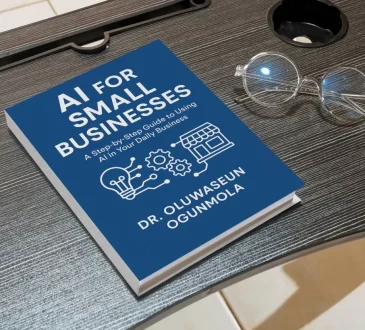Smartphone Stethoscopes, Voice-Detected Heart Failure and Other Innovations Take Centre Stage at the ESC Digital & AI Summit

At a time when digital health is accelerating from concept to clinic at unprecedented speed, the ESC Digital & AI Summit emerged this year as a powerful snapshot of how artificial intelligence is reshaping cardiovascular care. Held under the banner of “precision, prediction, and patient-centric innovation,” the summit brought together cardiologists, researchers, technologists, and policymakers from across the world. Their message was clear: the future of heart health will increasingly rely on intelligent tools that fit into our pockets, analyze our voices, and anticipate disease before symptoms even appear.
Among the many breakthroughs showcased, three themes dominated the conversation — smartphone stethoscopes, voice-based heart-failure detection, and a growing ecosystem of digital decision-support tools that promise to redefine the clinician–patient relationship.
From Analog to AI: The Rise of Smartphone Stethoscopes
The stethoscope, unchanged in basic form for over two centuries, is undergoing a historic transformation. Several research groups and startups presented AI-powered smartphone stethoscope technologies designed to make cardiac examination more accessible and more accurate.
Unlike traditional stethoscopes that rely solely on a clinician’s skill to interpret sounds, these smartphone-based tools use a phone’s microphone or a small attached sensor to record heart sounds. Once captured, AI algorithms analyze the audio to detect abnormalities such as:
- Murmurs
- Arrhythmias
- Early signs of valve disorders
For clinicians in busy hospitals, these devices offer faster triaging and consistent diagnostic support. But their biggest impact may lie outside major cities. Many speakers emphasized that smartphone stethoscopes could become a lifeline for rural communities and low-resource settings.
The technology is not meant to replace cardiologists but rather to extend their reach. Early pilot programs have already improved screening for children with congenital heart disease and adults at risk of valve disorders.
Listening Beyond the Heartbeat: Voice-Detected Heart Failure
Another innovation that felt almost futuristic was the ability to detect heart failure using AI voice analysis.
Researchers demonstrated systems that capture short voice recordings—usually 10 to 30 seconds—and analyze them for subtle biomarkers of cardiac dysfunction. Heart failure often causes physiological changes that affect:
- Pitch
- Cadence
- Vocal resonance
While too subtle for humans to detect, AI models can identify these changes with precision.
Early research shows that voice-based detection tools could flag worsening heart failure days before patients feel symptoms. This opens the door to preventive interventions and better long-term management.
Patients in voice-monitoring trials reported reassurance knowing they could be watched over continuously without invasive tests. Clinicians benefit from the added insight during telehealth visits.
Researchers noted that more validation is needed across languages and demographics, but the momentum behind this technology is strong.
AI-Assisted Diagnostics Strengthen the Clinician’s Hand
The summit also showcased an expanding range of AI diagnostic and decision-support platforms, including tools that can:
- Interpret ECGs in real time
- Predict sudden cardiac arrest
- Identify atrial fibrillation using smartwatch data
- Map coronary plaque progression
- Forecast stroke risk with better accuracy
One notable innovation was an AI assistant capable of unifying wearables, lab results, imaging, and patient histories into a single risk-stratified overview.
Clinicians expressed optimism but stressed the importance of human oversight. While AI excels at pattern recognition, it cannot replace empathy, intuition, or contextual understanding.
Closing the Gap Between Technology and Patients
Accessibility and equity became major talking points. Developers emphasized:
- Simple user interfaces
- Multilingual support
- Low-bandwidth design
- Intuitive layouts
Data privacy was also a major concern, especially since these tools gather sensitive biological signals such as voice patterns and heart sounds.
Experts called for stronger transparency, data control for patients, and robust security.
A Glimpse Into the Future of Cardiac Care
The summit made one thing clear: cardiology is entering a new era driven by AI-powered early diagnosis, remote monitoring, and individualized care.
Smartphone stethoscopes could make screening effortless. Voice-based tools may detect heart failure earlier than ever. AI diagnostic systems could help clinicians manage larger patient loads with greater confidence.
These innovations are rapidly moving toward real-world use, and the focus now shifts to responsible deployment and global accessibility.




